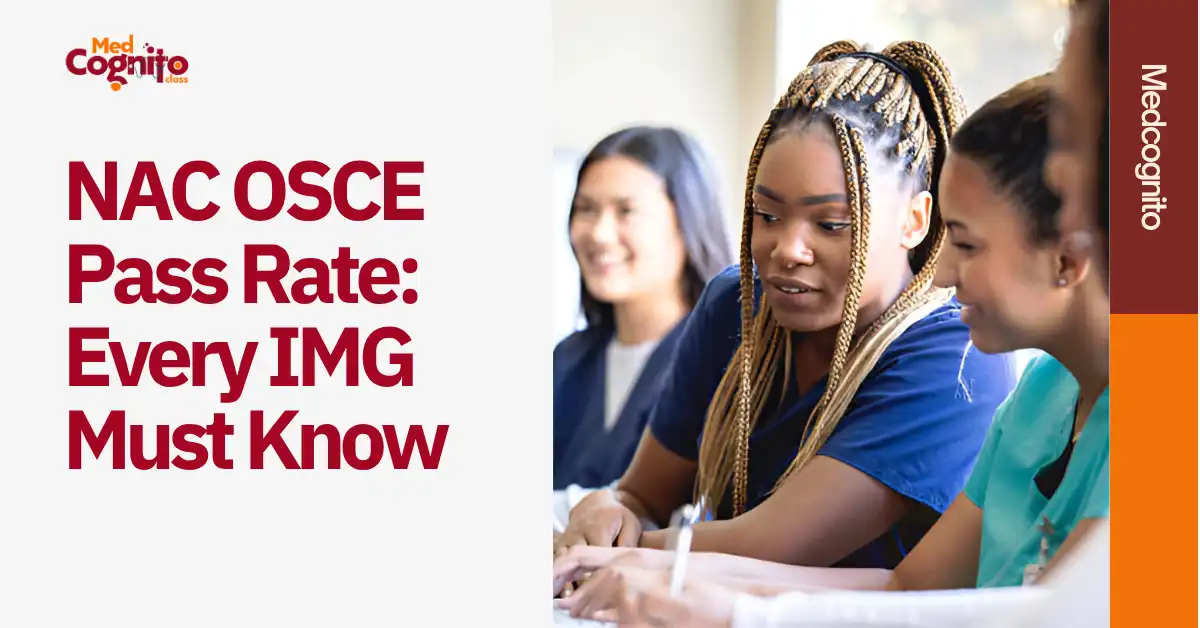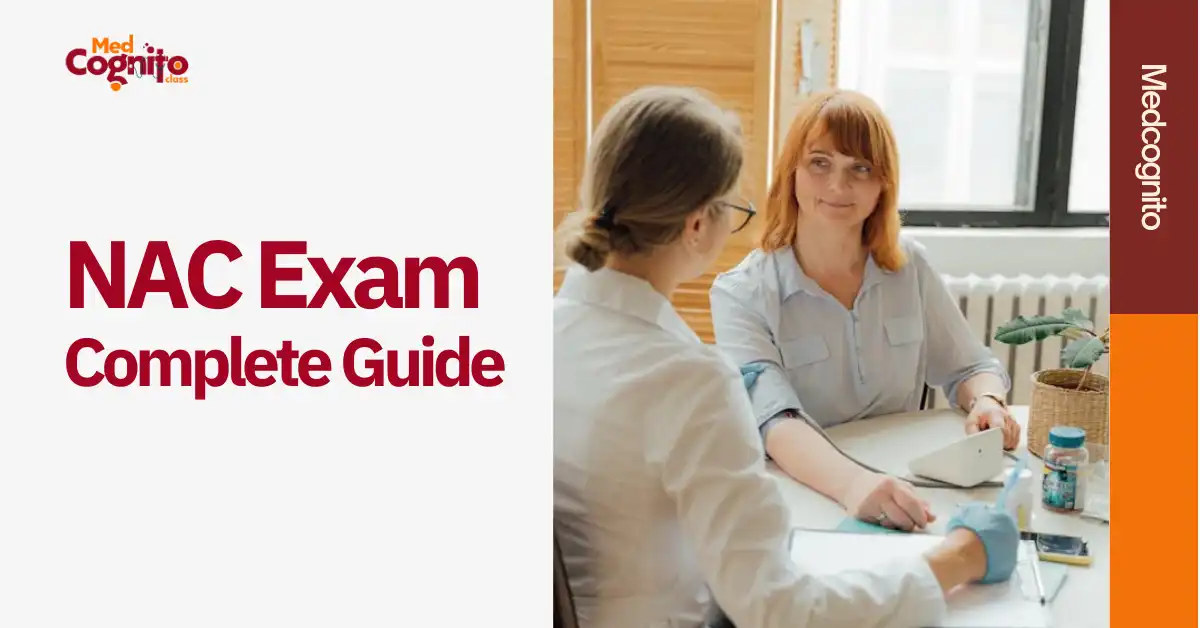For many international medical graduates (IMGs), the NAC OSCE (National Assessment Collaboration Objective Structured Clinical Examination) is a critical gateway to practicing medicine in Canada. It tests clinical skills, communication, and professionalism, essential pillars for safe, effective patient care. But what if you fail the NAC OSCE on your first attempt?
This is not the end of your journey, but a challenging pivot point. In this article, we will explore practical, evidence-based strategies for IMGs facing this setback, helping you bounce back stronger, more prepared, and closer to your goal of Canadian licensure.
Table of Contents
ToggleUnderstanding the NAC OSCE and Its Challenges
The NAC OSCE is designed to assess real-world clinical competence in a standardized way. It consists of multiple stations simulating clinical scenarios with standardized patients or examiners, testing various competencies such as history taking, physical examination, patient counseling, and decision-making.
Why Do Candidates Fail the NAC OSCE?
Common reasons for failing the NAC OSCE include:
- Insufficient mastery of clinical examination skills
- Poor communication or a patient-centered approach
- Difficulty managing time effectively during stations
- Inadequate knowledge of Canadian clinical guidelines and standards
- Test anxiety and inadequate exam simulation practice
Understanding these challenges helps you target your preparation for the next attempt.
Immediate Steps to Take After a Failed NAC OSCE
Failing the NAC OSCE can feel overwhelming, but prompt and focused action is key. Here’s a practical roadmap:
1. Review Your Results Thoroughly
The MCC provides a detailed score report indicating your performance in various domains. Carefully analyze this feedback to identify:
- Areas of strength to maintain
- Specific skills or competencies that need improvement
- Patterns in errors or performance deficits
2. Seek Professional Feedback and Mentorship
Consider reaching out to:
- Clinical supervisors or mentors familiar with Canadian medical practice
- Tutors or prep courses specializing in NAC OSCE coaching
- Peer study groups with fellow IMGs who have passed the exam
Real-world feedback on your clinical approach and communication style can be invaluable.
Strategic Preparation for Your Next NAC OSCE Attempt
Once you understand where you need to improve, use evidence-informed strategies to build competence and confidence.
Focused Clinical Practice
- Simulated OSCE Sessions: Regularly practice with peers or mentors in mock OSCE environments replicating real exam conditions. Time yourself strictly.
- Standardized Patient Encounters: If possible, engage with actors trained to simulate patient scenarios to hone communication and patient-centered care.
- Skill-Specific Drills: Target weaker skills, such as cardiovascular or neurological exams, through deliberate practice.
Enhance Communication and Professionalism
- Practice clear, empathetic communication, including active listening and patient education.
- Review Canadian cultural competencies and ethical guidelines to align with expectations.
Master Time Management
- Develop strategies to allocate time efficiently during each station, prioritizing critical exam tasks.
- Use checklists to ensure no key components are missed during history taking or physical exams.
Update Knowledge of Canadian Clinical Guidelines
- Review relevant guidelines such as Diabetes Canada, Canadian Cardiovascular Society, and provincial protocols.
- Incorporate this knowledge naturally into patient management plans during practice.
Real-Life Example: A Pathway to Success
Consider Dr. Amina, an IMG who failed her NAC OSCE on the first attempt. Her score report showed deficits in communication and neurological exam skills. She took the following steps:
- Enrolled in an NAC OSCE prep course with targeted coaching
- Practiced weekly with a peer study group and standardized patients
- Sought mentorship from a Canadian family physician
- Dedicated time to mastering neurological exams with a checklist
- Improved her patient communication by focusing on empathy and clear explanations
At her second attempt, Dr. Amina passed successfully, illustrating that targeted preparation grounded in self-assessment and structured practice works.
Next Steps: Building Your Path to Success
- Reflect on your NAC OSCE feedback immediately.
- Plan a study and practice schedule addressing weak areas.
- Engage with NAC OSCE prep resources, mentors, and peer groups.
- Simulate exam conditions with mock OSCEs regularly.
- Stay consistent and resilient.
Final Thoughts
Failing the NAC OSCE can be disheartening, but it is also a powerful learning moment. Your ability to adapt, grow, and prepare strategically will define your path forward. Remember, thousands of IMGs have successfully navigated this hurdle and gone on to contribute meaningfully to Canadian healthcare.
With dedication, evidence-informed strategies, and support, you will join their ranks. Your Canadian medical career is within reach. Keep moving forward.





